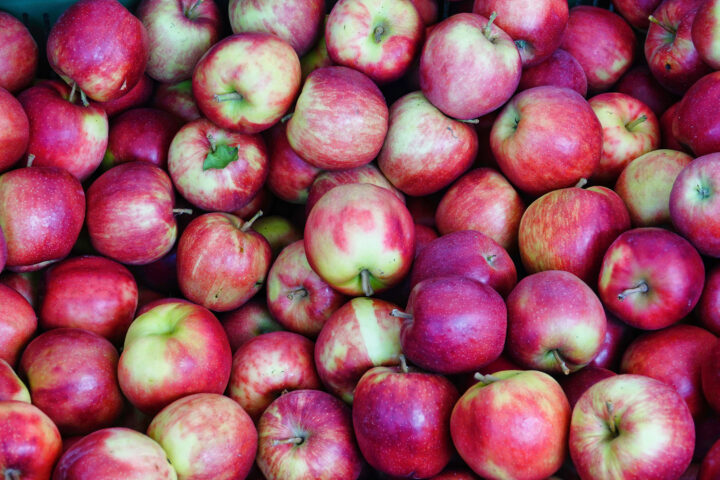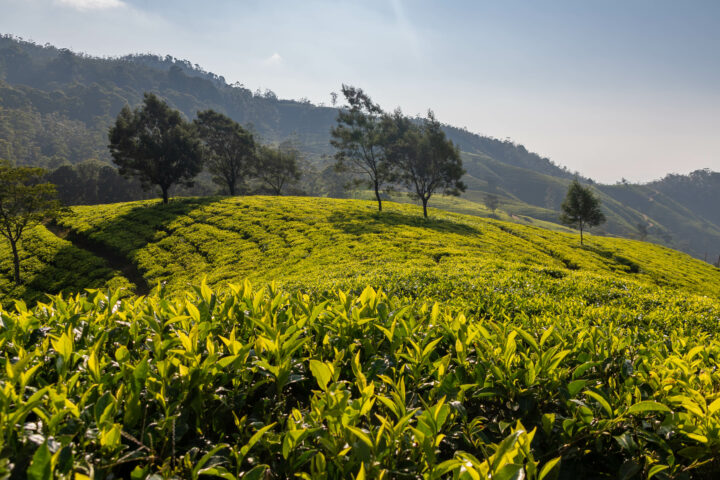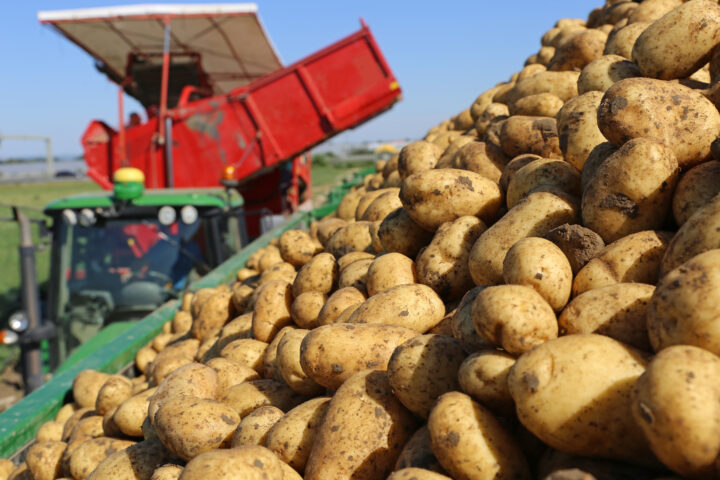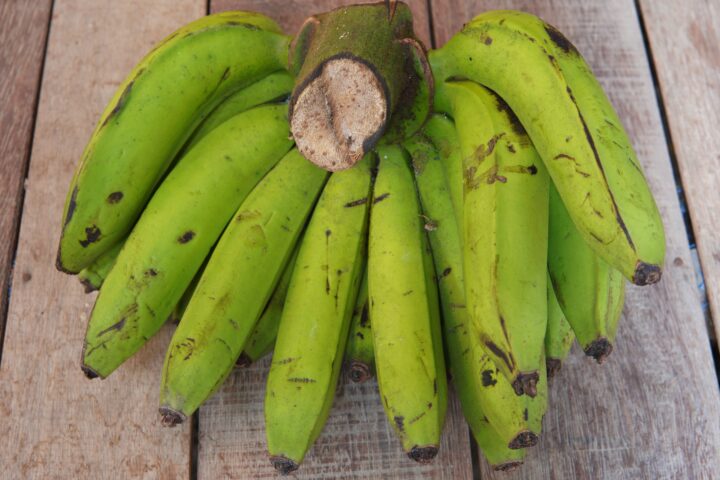
It pays to take a closer look
Pesticides are to blame for an increase in brain tumours in children in the Zürcher Weinland and the Bernese Seeland, according to a study carried out three years ago. Experts commissioned by the federal government have now come to a different conclusion: the results could also have been accidental.
Wednesday, December 6, 2023
The study attracted media attention: Three years ago, a research team examined the data from the national cancer registry and found an anomaly: a child in the Zürcher Weinland and the Bernese Seeland had a roughly 20 per cent higher risk of developing a brain tumour one day than a child in another region of Switzerland. The authors of the studies were unable to provide a conclusive explanation for this statistical anomaly. However, they surmised that pesticides in the groundwater or in the air could play a role. The suspicion was based on the fact that both the Weinland and the Seeland are used intensively for agriculture.
The authorities took these findings as an opportunity to scrutinise the study in question. The panel of experts appointed by the Federal Office of Public Health (FOPH) recently presented its own findings. "We cannot rule out the possibility that (the results of the original study) arose by chance," said Lothar Aicher, head of the expert group in question, summarising the situation in an interview in the Tagesanzeiger newspaper. After all, the number of cases in the original study was very small. From a methodological point of view, this is a "problem": "The fewer cases, the more difficult it is to obtain a statistical analysis that is meaningful," says Aicher.
The authors of the original study suspected a causal relationship between the number of cancer cases in a geographical area and the use of pesticides there. The problem with this is that there are still many regions in Switzerland where similar amounts of pesticides are used, such as in the Zürcher Weinland or the Bernese Seeland - and no anomalies in cancer cases are seen there. "Even if you live in an area where a lot of pesticides are sprayed, it doesn't mean that you will come into contact with them or even fall ill." Aicher's statement is supported by current studies. For example, the Federal Office for the Environment (FOEN) conducted a pilot project called "Pesticide monitoring in outdoor air" in 2021. The results of the human toxicological tests showed that the concentrations measured in the outdoor air had little relevance to health, even under the strictest conditions. The research was unable to prove any concrete dangers with regard to the absorption of pesticides through the air.
According to Aicher, there is still no scientifically proven link between pesticide use and cancer. Unlike smoking, for example, no cause-and-effect relationship can be proven here. In principle, it is difficult to discover such relationships because many environmental influences affect people. One thing is clear: according to current legislation, no substances may be authorised in Switzerland that are suspected of having a carcinogenic effect in humans based on animal testing, of altering the genetic make-up or of damaging the fertility of parents and/or the development of offspring. Of course, this also applies to pesticides.
It is undisputed that research must continue in order to better understand cases of cancer - especially in children - and to prevent them wherever possible: "We need to better understand how the mechanisms that lead to tumours work," says Aicher.
Good to know:
The fear of pesticides is a perennial favourite in the media. Residues in food repeatedly lead to exaggerated reactions. The fact is that the fears are exaggerated, according to Andreas Hensel, President of the Federal Institute for Risk Assessment in Berlin, which analyses the safety of chemicals: "There is no evidence that anyone in Germany has been poisoned by food containing pesticides. Nevertheless, many people are afraid of this." In all the excitement, it usually goes unmentioned that the pesticide residues found on the food are far below the levels that could have an impact on our health. And that pesticides make the production of healthy and affordable food for a broad section of the population possible in the first place.
Sources
Kindly note:
We, a non-native editorial team value clear and faultless communication. At times we have to prioritize speed over perfection, utilizing tools, that are still learning.
We are deepL sorry for any observed stylistic or spelling errors.
Related articles

Where the focus lies in apple breeding
The new head of Agroscope's fruit breeding research group is Andrea Patocchi. In an interview with the trade journal Obst + Wein, he explains where the focus of apple breeding lies today.

Chinese robot picks tea
There is a shortage of tea pickers in China. A robot developed by a researcher is set to remedy the situation and take over the work in future. Thanks to artificial intelligence, the machine can even recognise the shoots of the tea plant. The first harvesting robots are also already being developed in Switzerland.

Potato farmers want robust varieties
As the use of pesticides is to be massively reduced, the potato industry now wants to focus on more robust varieties. The industry has even concluded a target agreement with the federal government. This is ambitious: By 2040, robust varieties are to thrive on 80% of potato cultivation areas.

How genetic engineering is saving the Cavendish banana
The most popular banana variety - the so-called Cavendish banana - could soon disappear due to a persistent fungus. Australian researchers have developed a solution based on genetic engineering.

